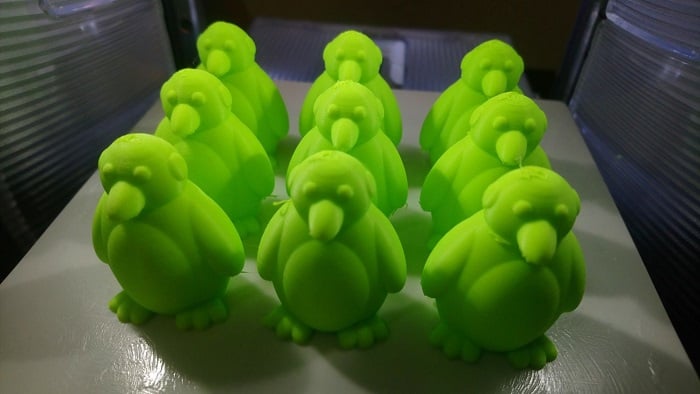Why play could be the best way to get children to wash their hands
London School of Hygiene & Tropical Medicine https://lshtm.ac.uk/themes/custom/lshtm/images/lshtm-logo-black.png Tuesday 16 October 2018
Washing our hands is such a simple act engrained in daily routines around the world. But it is easy to forget that it’s more than just a habit – handwashing saves lives by reducing the spread of infection and disease. Using water and soap after going to the toilet and before eating is one of the most cost-effective public health interventions globally, leading to large reductions in diarrhoea and pneumonia among other transmissible diseases.
Yet despite the simplicity and health benefits, handwashing remains low globally and it’s a challenge to motivate people to wash their hands with soap, particularly in humanitarian emergencies where overcrowding and unclean water and sanitation facilities increase the risk of disease.
A recent experiment using toys in soap to encourage children to wash their hands suggests that a much-needed new motivational strategy could hold the key to improving the situation.
For many years relief agencies have promoted handwashing in humanitarian emergencies to children – who are particularly vulnerable to infectious diseases - but so far approaches have not been effective.
Why? The answer could lie in what the commercial world has long known – children want toys more than anything else.
Traditionally, handwashing interventions have relied on education-based messaging which depends on skilled health workers who are typically overstretched or undersupplied in emergencies. Messages have focused on health-related risks, yet evidence suggests that health is not a strong motivator for behaviour change.
Therefore new and more effective approaches to improving children’s handwashing behaviour are greatly needed.
Partnering with Save the Children and Field Ready, we conducted a study with children living in a displaced persons camp in Iraq – a setting we know has low rates of handwashing.
We gave one group of children a transparent soap with a toy embedded in the centre, and a control group was given a normal soap. The concept of our study was simple; the more the soap is used, the faster the toy inside is reached. Would this encourage children to wash their hands?
Our results were not surprising. Children using soap with toys inside were four times more likely to wash their hands compared to the control group.
The approach we adopted in this study was similar to strategies used by commercial firms who have successfully used placement of toys and other free gifts inside purchases to incentivise children to engage with their product and behave in a certain way. We can all think of examples, such as Kinder Surprise chocolate eggs hidden inside cereal boxes. These methods have proved to be successful – albeit less healthy behaviours than handwashing!
Although small, our findings are promising and indicate that a motive based approach could have the potential to greatly increase handwashing among children. Now more research is needed to determine how well it can be scaled and whether it can be used in different types of humanitarian settings.
A cost-effective analysis is also important going forward as naturally, toy soaps are costlier to manufacture than plain soap. However, with the potential to save a large number of lives, this may still be a small price to pay.
Non-governmental organisations delivering humanitarian relief might need to explore partnering with the private sector to have the best chance at success on a mass scale. This would allow them access to distribution and supply chains, resources, and brand awareness.
Hopefully in the future this type of fun, motive based approach can be adopted in humanitarian settings and get children regularly washing their hands with soap. If successfully rolled out, this simple behaviour change alone could improve public health in some of the most vulnerable populations across the world.
Publication
Julie Watson, Robert Dreibelbis, Robert Aunger, Claudio Deola, Katrice King, Susan Long, Rachel P Chase, Oliver Cumming. Child's play: Harnessing play and curiosity motives to improve child handwashing in a humanitarian setting. International Journal of Hygiene and Environmental Health. DOI: 10.1016/J.IJHEH.2018.09.002
The study was funded with a grant from the Humanitarian Innovation Fund.
LSHTM's short courses provide opportunities to study specialised topics across a broad range of public and global health fields. From AMR to vaccines, travel medicine to clinical trials, and modelling to malaria, refresh your skills and join one of our short courses today.
